Project leader: Emese Kürti, Zsuzsa László
The Resonances research project examines the historical relationships, interactions, collaborations, cultural-political-social differences and similarities between the art scenes of the Central and Eastern European region from the second half of the 1960s to the fall of communism.
Between 2021 and 2023, the first phase of the project, Resonances: Regional and Transregional Cultural Transfer in the Art of the 1970s was realized in collaboration with Andrea Euringer Bátorova (Comenius University, Bratislava, Department of Art History), Pavlína Morganova, Dagmar Svatosova, Lujza Kotočová (Academy of Fine Arts Research Institute, Prague), Hana Buddeus (Czech Academy of Sciences, Institute of Art History) and Magdalena Radomska (Piotr Piotrowski Centre for Research on East-Central European Art, Poznań), and supported by the grant of Visegrad Fund.
The international research team investigated cultural transfers arising from the interactions between artists, art historians and intellectuals in the region with the intention of constructing a new narrative of the East-Central European neo-avant-garde based on transnational dialogues.
In the framework of this collaboration, a travelling conference was implemented in four steps in Bratislava, Budapest, Prague, and Poznań. As a result, we compiled two journal issues based on the papers of the conference series.
For more details visit: resonances.artpool.hu
Past events:
- Art Margins, Regional Resonances: In Search of the Transnational in Central Eastern European Art of the 1970s issue dedicated to the Resonances project
- World-Famous World-Archives – László Beke 80. Presentation and discussion (23. 05. 2024)
- Sešit/Notebook for Art, Theory and Related Zones issue dedicated to the Resonances project
- Resonances IV. conference: Equal And Poor: A Comparative Perspective on Art in Communist Europe and the Global South in the Long 1970s (Zamek Cultural Center, Poznan, 17.-18. 03. 2023)
- Resonances III. conference: The Exhibition as Medium in the Bloc (Academic Research Centre of the Academy of Fine Arts, Prague, 10.-11. 11. 2022)
- Language Games, selection from the Artpool collection - exhibition (KEMKI, Budapest)
- Resonances II. conference: Beyond Friendships - Regional Cultural Transfer in the Art of the '70s (KEMKI, Budapest, 11.-12. 05. 2022)
- Resonances I. conference: Parallel Structures, Communicating Channels and Nodes (Comenius University, Bratislava, 02. 03. 2022)
Gallery
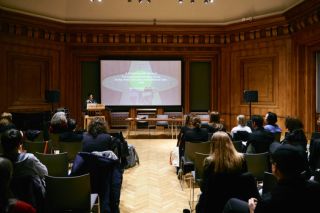
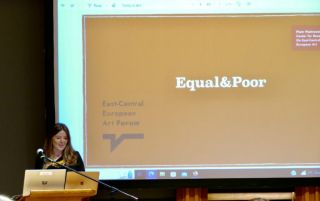
• IV. conference: Equal And Poor: A Comparative Perspective on Art in Communist Europe and the Global South in the Long 1970s, Poznan, 17.-18. 03. 2023.
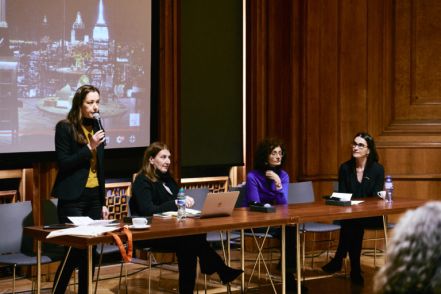
• IV. conference: Equal And Poor: A Comparative Perspective on Art in Communist Europe and the Global South in the Long 1970s, Poznan, 17.-18. 03. 2023.
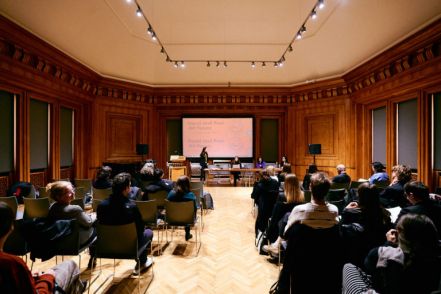
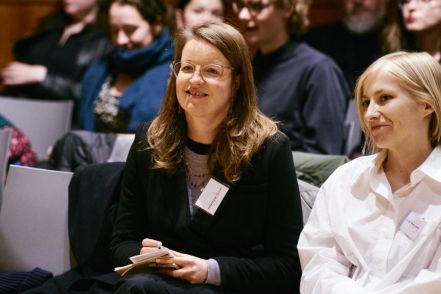
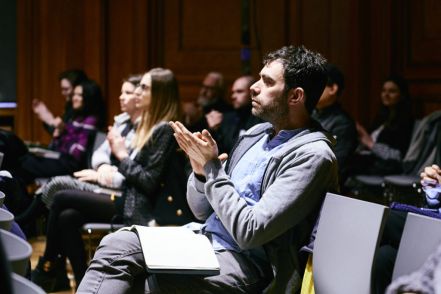
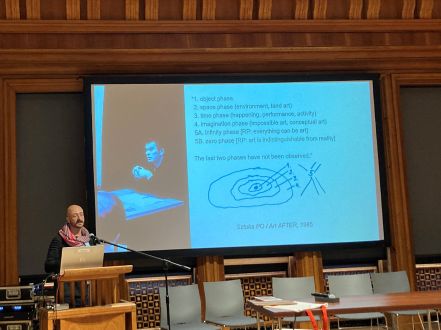
• IV. conference: Equal And Poor: A Comparative Perspective on Art in Communist Europe and the Global South in the Long 1970s, Poznan, 17.-18. 03. 2023.
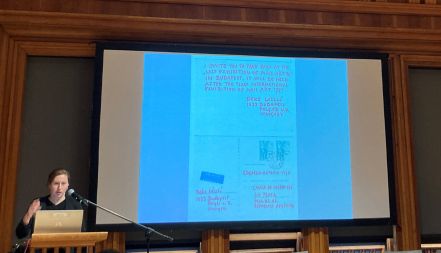
• IV. conference: Equal And Poor: A Comparative Perspective on Art in Communist Europe and the Global South in the Long 1970s, Poznan, 17.-18. 03. 2023.
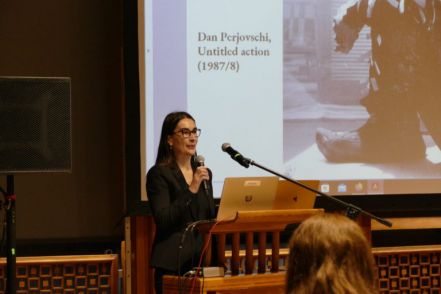
• IV. conference: Equal And Poor: A Comparative Perspective on Art in Communist Europe and the Global South in the Long 1970s, Poznan, 17.-18. 03. 2023.
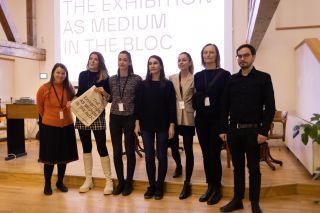
• III. conference: The Exhibition as Medium in the Bloc, Prague, 10.-11. 11. 2022.
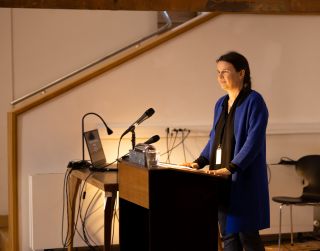
• III. conference: The Exhibition as Medium in the Bloc, Prague, 10.-11. 11. 2022.
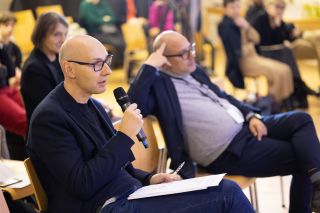
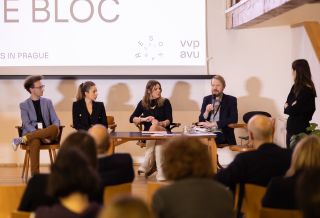
• III. conference: The Exhibition as Medium in the Bloc, Prague, 10.-11. 11. 2022.
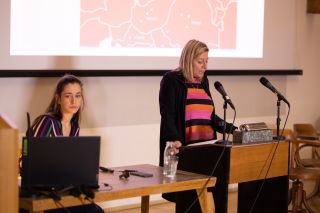
• III. conference: The Exhibition as Medium in the Bloc, Prague, 10.-11. 11. 2022.
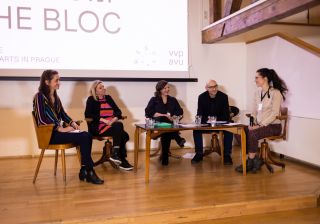
• III. conference: The Exhibition as Medium in the Bloc, Prague, 10.-11. 11. 2022.
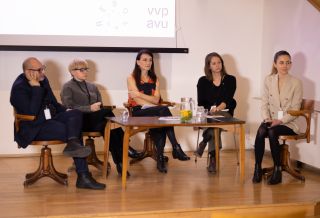
• III. conference: The Exhibition as Medium in the Bloc, Prague, 10.-11. 11. 2022.
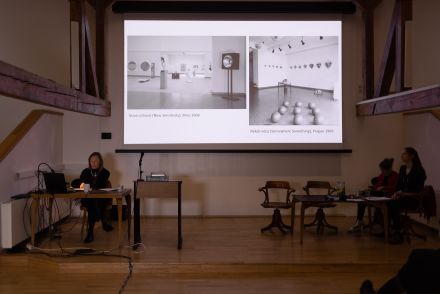
• III. conference: The Exhibition as Medium in the Bloc, Prague, 10.-11. 11. 2022.
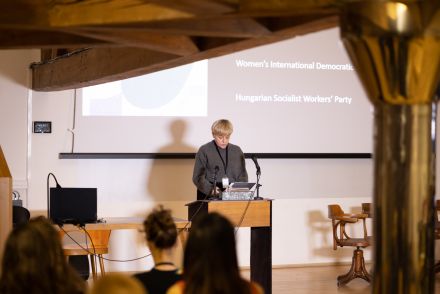
• III. conference: The Exhibition as Medium in the Bloc, Prague, 10.-11. 11. 2022.
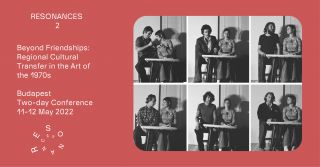
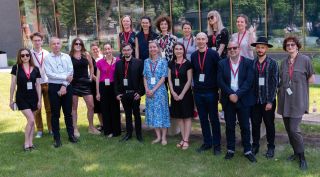
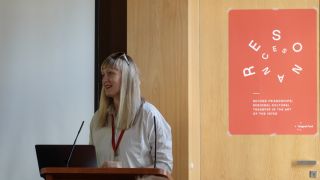
• II. conference: Beyond Friendships - Regional Cultural Transfer in the Art of the '70s, Budapest, 11-12. 05. 2022.
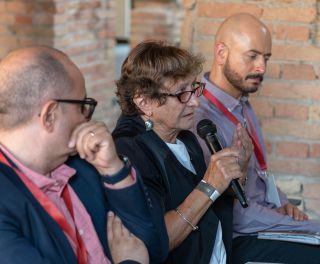
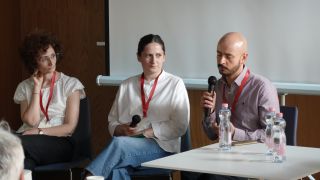
• II. conference: Beyond Friendships - Regional Cultural Transfer in the Art of the '70s, Budapest, 11-12. 05. 2022.
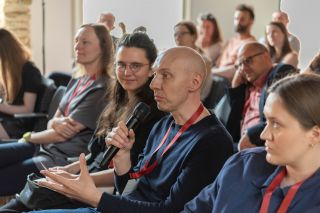
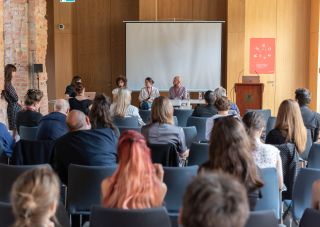
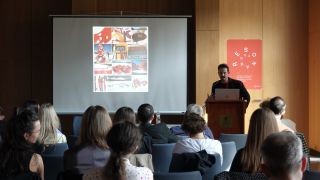
• II. conference: Beyond Friendships - Regional Cultural Transfer in the Art of the '70s, Budapest, 11-12. 05. 2022.
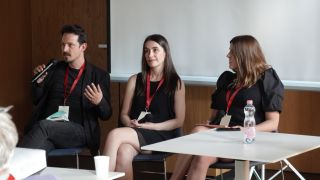
• II. conference: Beyond Friendships - Regional Cultural Transfer in the Art of the '70s, Budapest, 11-12. 05. 2022.
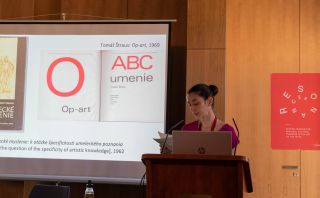
• II. conference: Beyond Friendships - Regional Cultural Transfer in the Art of the '70s, Budapest, 11-12. 05. 2022.
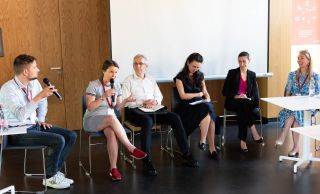
• II. conference: Beyond Friendships - Regional Cultural Transfer in the Art of the '70s, Budapest, 11-12. 05. 2022.
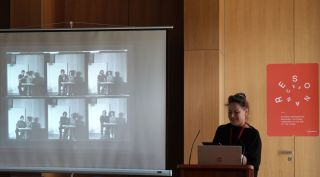
• II. conference: Beyond Friendships - Regional Cultural Transfer in the Art of the '70s, Budapest, 11-12. 05. 2022.
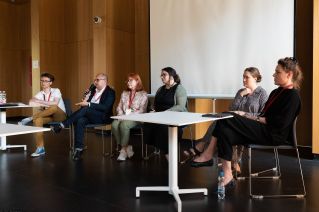
• II. conference: Beyond Friendships - Regional Cultural Transfer in the Art of the '70s, Budapest, 11-12. 05. 2022.
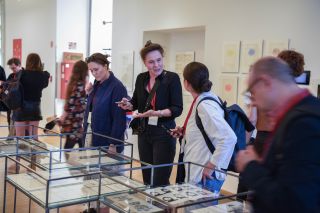
• II. conference: Beyond Friendships - Regional Cultural Transfer in the Art of the '70s, Budapest, 11-12. 05. 2022.
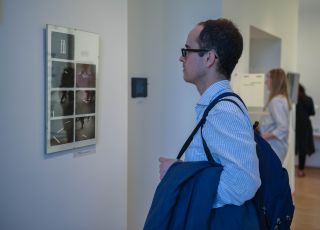
• II. conference: Beyond Friendships - Regional Cultural Transfer in the Art of the '70s, Budapest, 11-12. 05. 2022.
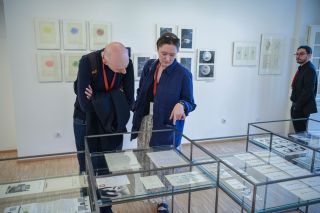
• II. conference: Beyond Friendships - Regional Cultural Transfer in the Art of the '70s, Budapest, 11-12. 05. 2022.
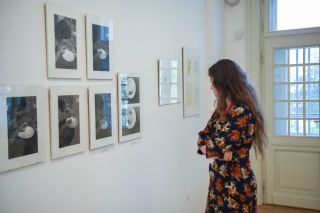
• II. conference: Beyond Friendships - Regional Cultural Transfer in the Art of the '70s, Budapest, 11-12. 05. 2022.
